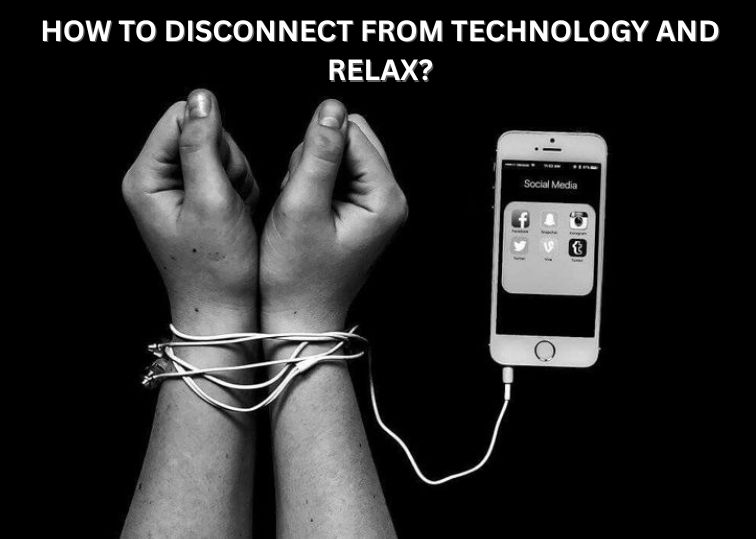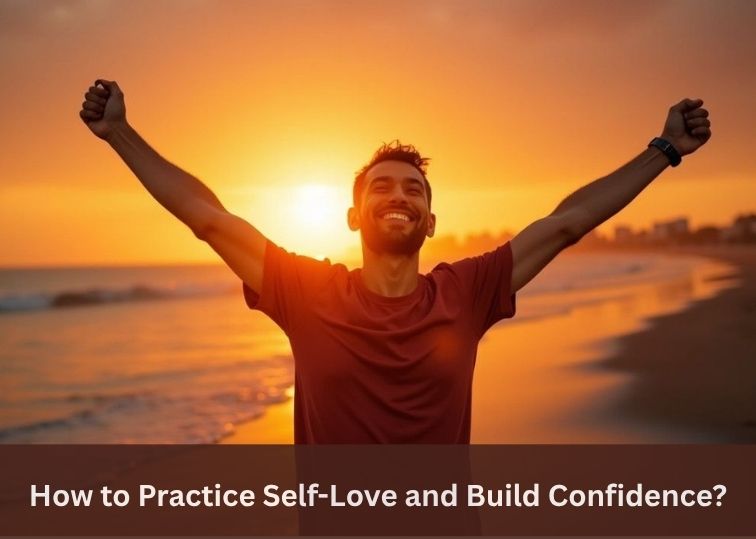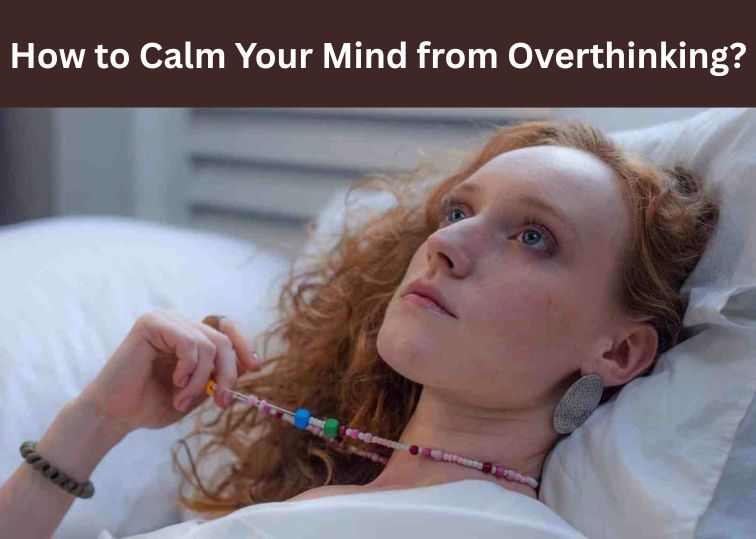We live in a world where screens are everywhere. From the moment we wake up till we go to sleep, we’re surrounded by phones, laptops, and TVs. It’s like technology has become a part of us. But sometimes, it gets too much. Our minds feel full, our eyes hurt, and we start feeling tired even when we haven’t done anything physical. That’s when you know it’s time to take a break. Learning how to disconnect from technology can bring calm back into your life.
This isn’t about throwing away your phone or living without Wi-Fi. It’s about balance. It’s about finding quiet moments again, moments without notifications or noise. Let’s talk about how you can unplug, relax, and feel more peaceful in your daily life.
Why It’s So Hard to Disconnect
Technology makes life easier, no doubt. It connects us to people, gives us answers in seconds, and keeps us entertained. But slowly, it starts taking over everything. Think about it, how often do you check your phone without even realizing it? Maybe while eating, watching TV, or right before bed. You scroll, you tap, you like it feels endless.
It’s not your fault. Apps are made to grab your attention. Every ping, every alert gives your brain a small “reward.” The more you use it, the more you crave it. But that constant connection comes with a price: your focus, your sleep, your peace. That’s why learning how to disconnect from technology isn’t just a good idea; it’s necessary for your mental health.
Signs You Need a Break from Technology
Before we talk about how to unplug, let’s notice the signs that tell you it’s time to step back:
- You feel restless when you’re not using your phone.
- You check messages or notifications every few minutes.
- You find it hard to focus without background noise or screens.
- You stay up late scrolling instead of sleeping.
- You feel anxious or drained after using social media.
If some of these sound familiar, your mind might just be asking for a digital break.
1. Start with Small Breaks
You don’t have to go offline for days to feel better. Start small. Try going without your phone for 30 minutes in the morning or evening.
For example, when you wake up, don’t reach for your phone right away. Stretch, drink water, or sit quietly for a bit. When you go to bed, turn off your screen 30 minutes before sleeping. These little breaks give your brain space to breathe. It’s the easiest step in learning how to disconnect from technology.
2. Make Tech-Free Zones
Create spaces in your home where no screens are allowed. Maybe your dining table, your bedroom, or your balcony. When you eat, just eat. Don’t scroll or watch something. When you go to bed, let your mind rest instead of scrolling through endless content.
You’ll notice something amazing, meals taste better, conversations feel deeper, and sleep becomes peaceful.
3. Go Outside
Nature is the best cure for digital overload. Step outside and feel the sun, the wind, or just the quiet. You don’t need a long hike. A short walk in the park or even standing on your balcony helps. Being outdoors reminds you there’s a big, beautiful world beyond your screen.
And the best part? When you’re in nature, your body relaxes naturally. Your heartbeat slows, your breathing deepens, and your stress fades.
4. Replace Screen Time with Real Things
Sometimes we grab our phones just because we’re bored. Try replacing that habit with something real and fun. Read a book, paint, cook something new, write a journal, or play with your pet. Doing something creative or physical gives your brain real satisfaction, not the fake pleasure that comes from scrolling.
If you love music or podcasts, listen without checking your screen. It’s okay to enjoy tech, just don’t let it control you.
5. Turn Off Notifications
This is a game-changer. You don’t need to know about every like, message, or update right away. Go into your settings and turn off unnecessary notifications. You’ll be shocked at how peaceful your phone becomes.
When you’re not being interrupted every few seconds, you can focus better, relax more, and actually enjoy your time.
6. Practice “No-Phone” Times
Pick certain hours in your day when you’ll completely avoid your phone. Maybe during breakfast, before bed, or while spending time with loved ones. If you’re out with friends, try a “no-phone rule” at the table. Keep your phones away and see how conversations become more real and fun.
You’ll start noticing the world again, people’s smiles, your surroundings, and the sound of laughter. Things you miss when your eyes are stuck on a screen.
7. Make Your Phone Less Addictive
Here’s a small trick to make your phone boring. Remove apps that eat up your time. Move social media apps off your main screen. Use grayscale mode (black and white display), it makes scrolling less tempting. The less colorful and noisy your phone looks, the less you’ll feel pulled toward it.
8. Enjoy Boredom
We’ve forgotten how to be bored. The moment there’s silence, we rush to our phones. But boredom is actually good for your brain. It gives your mind time to wander, think, and create new ideas. So, next time you’re sitting in silence, don’t grab your phone. Just sit. Let your thoughts flow. That’s how creativity and peace grow.
9. Spend Time with People
Real connections matter more than online ones. Meet friends face-to-face. Visit family. Go for coffee without posting about it. When you talk in person, you build real bonds, not just likes and comments. You listen, you laugh, you feel understood. Human touch and real conversations are things no screen can replace.
10. Set a Digital Detox Day
Once a week, pick one day or half a day to go completely offline. No social media. No unnecessary messages. Just you and the real world. Use that time to do things you love, walk, cook, clean, rest, or simply be lazy. You’ll feel like your mind just got a reset button. This habit helps you regain control over your time and energy.
11. Sleep Without Screens
Your phone is not your bedtime friend. The light from screens messes up your sleep and keeps your brain active even when your body is tired. Try reading a book, meditating, or writing your thoughts before bed instead. Charge your phone in another room if you can. You’ll sleep more deeply and wake up fresher.
12. Remember Why You’re Doing This
Disconnecting from technology isn’t about hating it, it’s about using it in a way that helps you, not harms you. You’re doing this to feel more peaceful, to have more energy, to live in the moment again. Technology should be your tool, not your boss.
Final Thoughts
Learning how to disconnect from technology doesn’t mean living without it. It means finding a healthy balance, using it when needed, but knowing when to step away. At first, it’ll feel strange. You might even feel bored or restless. But after a few days, your mind will start to clear. You’ll sleep better. You’ll feel calmer.
And slowly, you’ll remember what peace really feels like, the quiet moments, the sound of your thoughts, the joy of being truly present. So take a deep breath, put your phone down for a while, and look around. The world is still out there, waiting for you to notice it again.



